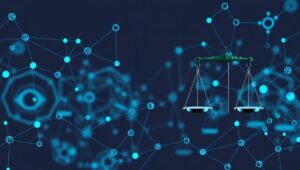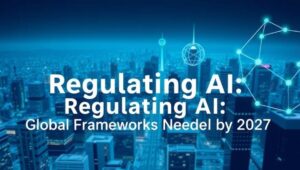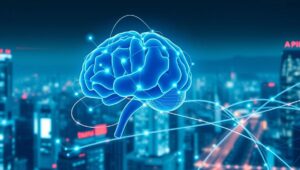May 20, 2025
Designing Ethical and Inclusive XR Experiences (2026)
Designing Ethical and Inclusive XR Experiences (2026) Extended Reality (XR) is rapidly evolving, encompassing virtual reality (VR), augmented reality (AR), and mixed reality (MR). As XR technology becomes more integrated into our daily lives, it’s crucial to address the ethical considerations and ensure inclusive design practices. This article outlines key areas to focus on when developing XR experiences in 2026. Understanding the Ethical Landscape of XR Ethical design in XR involves considering the potential impact on users and society. Key ethical considerations include: Privacy: XR devices can collect extensive user data, including eye movements, biometric data, and environmental information. Developers










